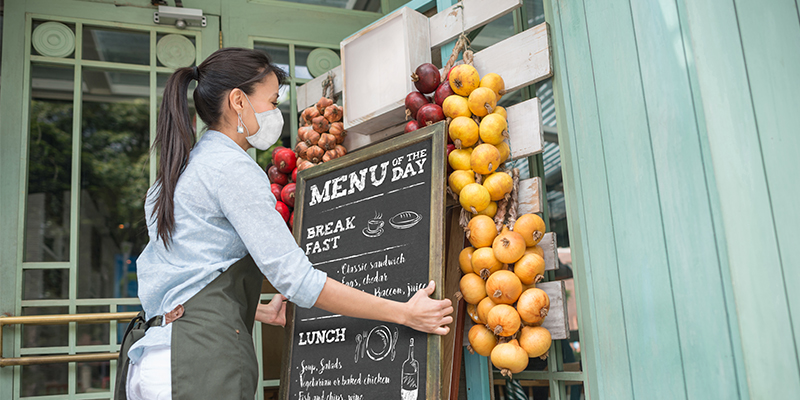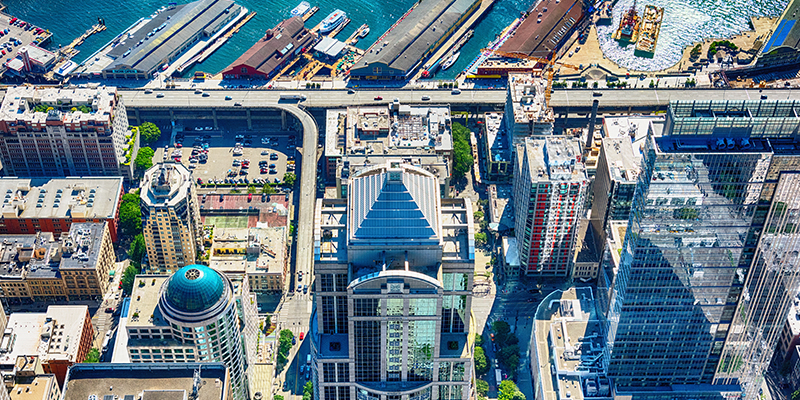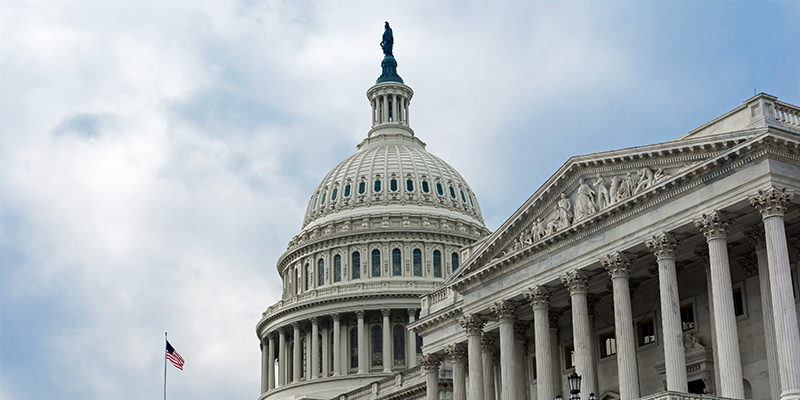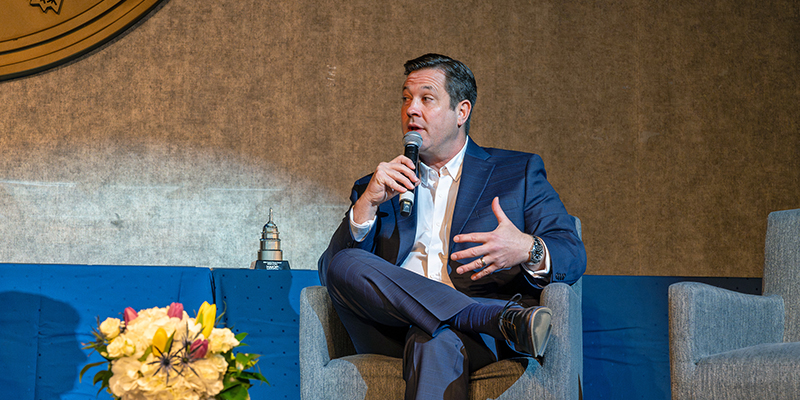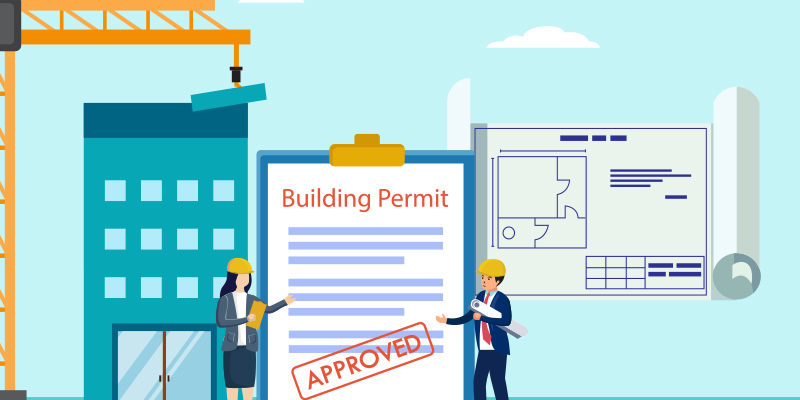As states begin to slowly reopen their economies, governments, businesses and the public as a whole are contemplating what a post-coronavirus America will look like. Some aspects of this “new normal” – such as limited capacity requirements in public spaces and stricter sanitation mandates, to name a few – are already taking shape. But with a cure potentially months or years away, who bears responsibility if a customer or employee contracts the virus? The question is yet another example of the unprecedented times in which we are living, and has emerged as a key wedge issue among various stakeholders.
At the federal level, debate over the next coronavirus relief package has centered on the inclusion of liability protection for businesses. “Companies doing their best to control the spread of this disease with the limited guidance available deserve legal protection. Congress should not allow good actors to be held liable for events beyond their control,” a group of more than 200 business associations and trade groups wrote in a letter to congressional leadership this month.
Officials at the state level are also urging federal lawmakers to take action. A letter signed by 21 state attorneys general reads, in part: “The COVID-19 pandemic is likely to create a surge in civil litigation targeting well-intentioned businesses for taking pandemic mitigation measures; therefore, this country is in need of a common-sense framework to provide liability protections for much-needed goods and services while still ensuring victims are able to seek legal redress and compensation where appropriate.”
Senate Majority Leader Mitch McConnell (R-KY) agrees, and in April said the chamber would not “pass another bill unless we have liability protection.” McConnell also announced that he and Sen. John Cornyn (R-TX) are working on a standalone bill, which would provide protections to businesses, nonprofits and government agencies, as well as medical equipment manufacturers. Other options that have been floated include the creation of a federal “claims fund” or similar insurance pool; imposing monetary caps on compensatory damages; and implementing a “safe harbor” reopening period.
Democrats, on the other hand, have strongly objected to any kind of expanded liability protection. In a press conference, House Speaker Nancy Pelosi (D-CA) and Senate Minority Leader Chuck Schumer (D-NY) argued that, if shielded from lawsuits, some businesses might not take the steps necessary to ensure a safe workplace, putting employees and customers in harm’s way. Liability protections were omitted from the $3 trillion aid package passed by the House last week, setting the stage for a partisan battle over the next relief bill in the weeks to come.
Not content to wait for federal action, some states are already taking measures to protect businesses from potential coronavirus lawsuits. For example, Utah Gov. Gary Herbert signed a law this month that makes a business “immune from civil liability for damages or an injury resulting from exposure of an individual to COVID-19.” The law specifically does not protect businesses that display “willful misconduct; reckless infliction of harm; or intentional infliction of harm.”
The Oklahoma legislature is considering similar language. Last week, the state senate approved SB 1946, which “establishes immunity from civil liability for persons or entities conducting in the business in the state from actions related to an injury from exposure or potential exposure to COVID-19 if the act or omission alleged to violate a duty of care of the person or agent was in compliance or consistent with federal or state regulations.” That bill now moves to the state House.
Cash-strapped businesses across the country are eager to open their doors for the first time in months. But as long as questions surrounding liability remain unanswered, firms will be weary of returning to “business as usual,” a sentiment that could put the broader economic recovery effort at risk.
As the debate on how best to address this issue ensues, NAIOP will continue to work with elected officials at all levels to ensure the interests of the commercial real estate industry are taken into account.
Visit the NAIOP Response: COVID-19 page for critical resources and knowledge to support you now.

